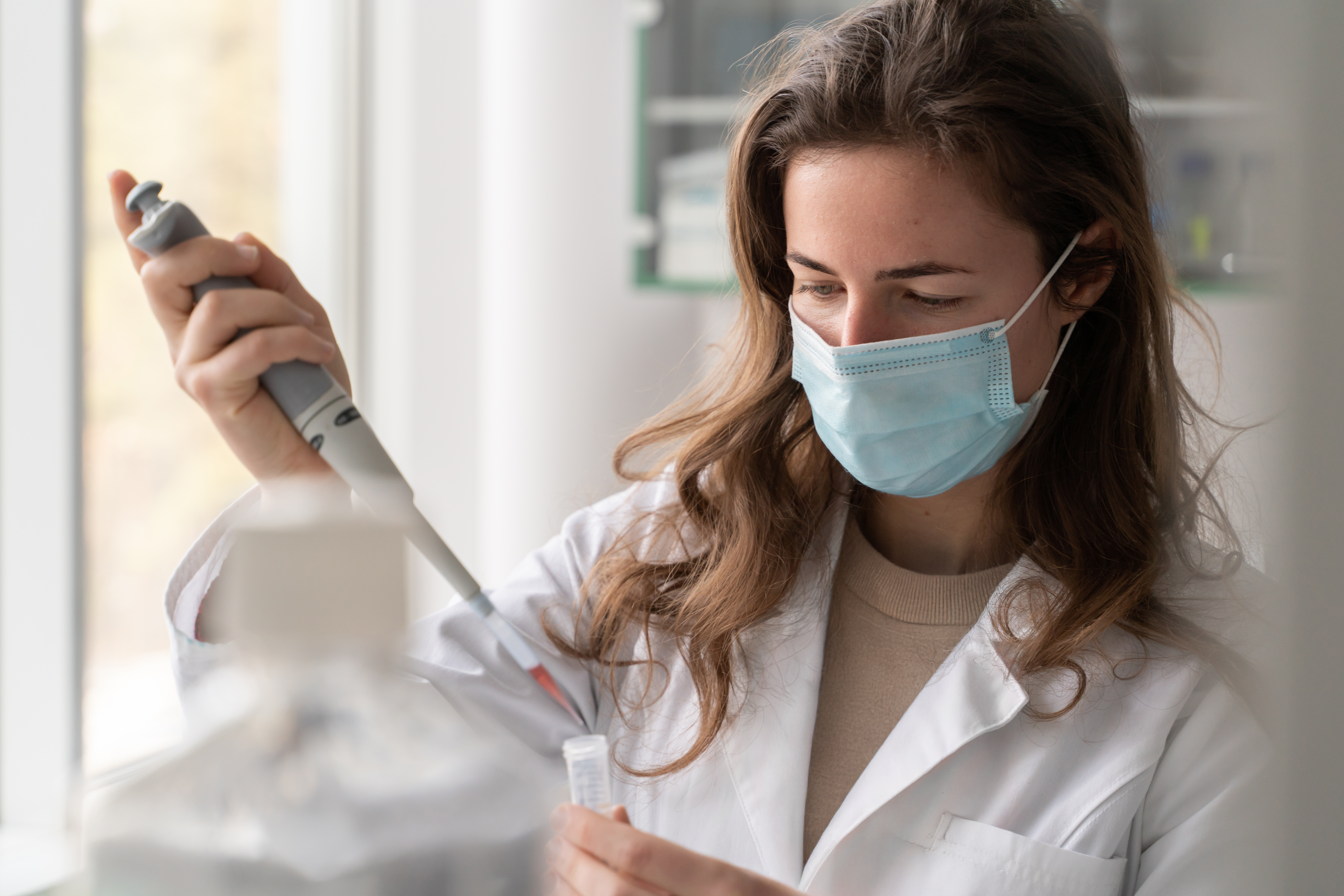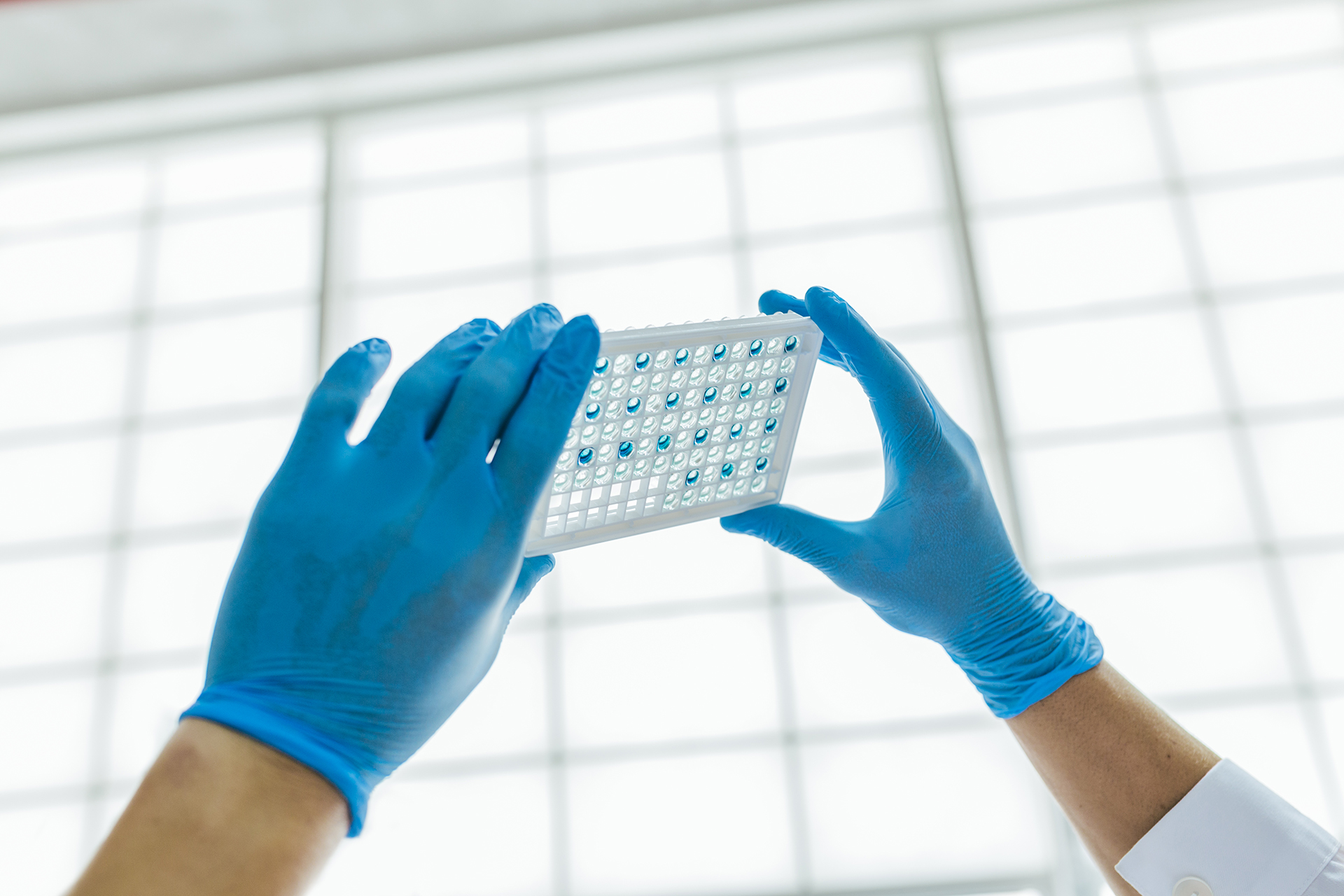[av_section min_height=” min_height_pc=’25’ min_height_px=’500px’ padding=’huge’ custom_margin=’0px’ custom_margin_sync=’true’ svg_div_top=” svg_div_top_color=’#333333′ svg_div_top_width=’100′ svg_div_top_height=’50’ svg_div_top_max_height=’none’ svg_div_top_opacity=” svg_div_bottom=” svg_div_bottom_color=’#333333′ svg_div_bottom_width=’100′ svg_div_bottom_height=’50’ svg_div_bottom_max_height=’none’ svg_div_bottom_opacity=” color=’alternate_color’ background=’bg_color’ custom_bg=” background_gradient_direction=’vertical’ background_gradient_color1=’#000000′ background_gradient_color2=’#ffffff’ background_gradient_color3=” src=’https://vaxart.com/wp-content/uploads/2022/03/pexels-vlada-karpovich-5790716-1030×687.jpg’ attachment=’92’ attachment_size=’large’ attach=’scroll’ position=’center center’ repeat=’stretch’ video=” video_ratio=’16:9′ overlay_enable=’aviaTBoverlay_enable’ overlay_opacity=’0.7′ overlay_color=’#000000′ overlay_pattern=” overlay_custom_pattern=” shadow=’no-shadow’ bottom_border=’no-border-styling’ bottom_border_diagonal_color=’#333333′ bottom_border_diagonal_direction=” bottom_border_style=” custom_arrow_bg=” id=” custom_class=” template_class=” aria_label=” av_element_hidden_in_editor=’0′ av_uid=’av-c2s8qj’ sc_version=’1.0′]
[av_one_full first min_height=’av-equal-height-column’ vertical_alignment=’av-align-middle’ space=” margin=’0px’ margin_sync=’true’ padding=’0px’ padding_sync=’true’ border=” border_color=” radius=’0px’ radius_sync=’true’ background_color=” src=” attachment=” attachment_size=” background_position=’top left’ background_repeat=’no-repeat’ animation=” mobile_display=” av_uid=’av-as5kmz’]
[av_heading heading=’RSV.‘ tag=’h1′ style=’blockquote modern-quote’ subheading_active=” show_icon=” icon=’ue800′ font=’entypo-fontello’ size=’70’ av-medium-font-size-title=” av-small-font-size-title=” av-mini-font-size-title=” subheading_size=’15’ av-medium-font-size=” av-small-font-size=” av-mini-font-size=” icon_size=” av-medium-font-size-1=” av-small-font-size-1=” av-mini-font-size-1=” color=’custom-color-heading’ custom_font=’#ffffff’ subheading_color=” seperator_color=” icon_color=” margin=” margin_sync=’true’ padding=’0′ icon_padding=’10’ headline_padding=” headline_padding_sync=’true’ link=” link_target=” id=” custom_class=” template_class=” av_uid=’av-kzrlt8si’ sc_version=’1.0′ admin_preview_bg=”][/av_heading]
[/av_one_full]
[/av_section]
[av_section min_height=” min_height_px=’500px’ padding=’large’ shadow=’no-border-styling’ bottom_border=’no-border-styling’ id=” color=’main_color’ custom_bg=” src=” attachment=” attachment_size=” attach=’scroll’ position=’top left’ repeat=’no-repeat’ video=” video_ratio=’16:9′ overlay_opacity=’0.5′ overlay_color=” overlay_pattern=” overlay_custom_pattern=” av_uid=’av-78c8hn’]
[av_three_fifth first min_height=” vertical_alignment=’av-align-top’ space=” margin=’0px’ margin_sync=’true’ padding=’0px’ padding_sync=’true’ border=” border_color=” radius=’0px’ radius_sync=’true’ background_color=” src=” attachment=” attachment_size=” background_position=’top left’ background_repeat=’no-repeat’ animation=” mobile_display=” av_uid=’av-6fv2mj’]
[av_textblock textblock_styling_align=” textblock_styling=” textblock_styling_gap=” textblock_styling_mobile=” size=’16’ av-medium-font-size=” av-small-font-size=” av-mini-font-size=” font_color=” color=” id=” custom_class=” template_class=” av_uid=’av-kzrltn1x’ sc_version=’1.0′ admin_preview_bg=”]
RSV infection is responsible for 177,000 hospital admissions annually in the US. The cost of hospitalization alone is more than $1 billion per annum. RSV is estimated to infect 5-10% of nursing home residents every year. The global RSV disease burden is estimated at 64 million cases annually, with 160,000 deaths.
There is no effective treatment for RSV lower-respiratory tract infections, and there is currently no vaccine that provides protection against this virus.
Vaxart has conducted proof-of-concept studies with a vaccine candidate using an unmodified RSV fusion protein, or F-protein, as an antigen. In a challenge study in cotton rats, this vaccine generated sterilizing immunity, protecting 100% of animals against challenge. In a subsequent Phase 1 clinical study with a single dose of the Vaxart RSV tablet vaccine, results were inconclusive, as increases in serum antibody responses to RSV were difficult to detect against background.
Based on the results of the cotton rat study, Vaxart believes its proprietary oral vaccine platform is the optimal delivery system for RSV, but a different antigen may be required.
Vaxart now aims to develop an oral RSV vaccine using a modified RSV F-protein antigen, to be obtained through partnering or licensing. Vaxart is currently evaluating RSV development strategies and aims to develop a state-of-the-art oral RSV vaccine, either by licensing one or more RSV protein antigens that have been demonstrated to protect against RSV infection in clinical studies, or by partnering with an industrial partner with deep RSV expertise and resources.
[/av_textblock]
[/av_three_fifth][av_two_fifth min_height=’av-equal-height-column’ vertical_alignment=’av-align-middle’ space=” margin=’0px’ margin_sync=’true’ padding=’18px’ padding_sync=’true’ border=’1′ border_color=’#e1e1e1′ radius=’0px’ radius_sync=’true’ background_color=” src=” attachment=” attachment_size=” background_position=’top center’ background_repeat=’contain’ animation=” mobile_display=” av_uid=’av-47xmnv’]
[av_heading heading=’Vaccines’ tag=’h3′ style=’blockquote modern-quote modern-centered’ subheading_active=” show_icon=” icon=’ue800′ font=’entypo-fontello’ size=’20’ av-medium-font-size-title=” av-small-font-size-title=” av-mini-font-size-title=” subheading_size=” av-medium-font-size=” av-small-font-size=” av-mini-font-size=” icon_size=” av-medium-font-size-1=” av-small-font-size-1=” av-mini-font-size-1=” color=” custom_font=” subheading_color=” seperator_color=” icon_color=” margin=” margin_sync=’true’ padding=’10’ icon_padding=’10’ headline_padding=” headline_padding_sync=’true’ link=” link_target=” id=” custom_class=” template_class=” av_uid=’av-l0e1cv6z’ sc_version=’1.0′ admin_preview_bg=”][/av_heading]
[av_iconlist position=’left’ iconlist_styling=’av-iconlist-small’ custom_title_size=’20’ av-medium-font-size-title=” av-small-font-size-title=” av-mini-font-size-title=” custom_content_size=” av-medium-font-size=” av-small-font-size=” av-mini-font-size=” font_color=” custom_title=” custom_content=” color=” custom_font=” custom_bg=” custom_border=” gradient_color_direction=’vertical’ gradient_color_1=’#000000′ gradient_color_2=’#ffffff’ gradient_color_3=” border=” border_width=” border_width_sync=’true’ border_color=” box_shadow=” box_shadow_style=’0px,0px,0px,0px’ box_shadow_color=” animation=” sonar_effect_effect=” sonar_effect_color=” sonar_effect_duration=’1′ sonar_effect_scale=” sonar_effect_opac=’0.5′ alb_description=” id=” custom_class=” template_class=” av_uid=’av-l0e1h0jb’ sc_version=’1.0′ admin_preview_bg=”]
[av_iconlist_item title=’Covid-19′ icon=’ue862′ font=’entypo-fontello’ heading_tag=” heading_class=” link=’portfolio,73′ linktarget=” linkelement=” av_uid=’av-l0e1e2x0′ sc_version=’1.0′][/av_iconlist_item]
[av_iconlist_item title=’Norovirus’ icon=’ue862′ font=’entypo-fontello’ heading_tag=” heading_class=” link=’portfolio,99′ linktarget=” linkelement=” av_uid=’av-l0e1e2x0′ sc_version=’1.0′][/av_iconlist_item]
[av_iconlist_item title=’Influenza’ icon=’ue862′ font=’entypo-fontello’ heading_tag=” heading_class=” link=’portfolio,93′ linktarget=” linkelement=” av_uid=’av-l0e1e2x0′ sc_version=’1.0′][/av_iconlist_item]
[av_iconlist_item title=’RSV’ icon=’ue862′ font=’entypo-fontello’ heading_tag=” heading_class=” link=’portfolio,87′ linktarget=” linkelement=” av_uid=’av-l0e1e2x0′ sc_version=’1.0′][/av_iconlist_item]
[av_iconlist_item title=’HPV’ icon=’ue862′ font=’entypo-fontello’ heading_tag=” heading_class=” link=’portfolio,81′ linktarget=” linkelement=” av_uid=’av-l0e1e2x0′ sc_version=’1.0′][/av_iconlist_item]
[/av_iconlist]
[av_button label=’PUBLICATIONS’ icon_select=’yes-right-icon’ icon=’ue875′ font=’entypo-fontello’ icon_hover=’aviaTBicon_hover’ link=’page,139′ link_target=” size=’x-large’ position=’center’ label_display=” title_attr=” color_options=” color=’theme-color’ custom_bg=’#444444′ custom_font=’#ffffff’ btn_color_bg=’theme-color’ btn_custom_grad_direction=’vertical’ btn_custom_grad_1=’#000000′ btn_custom_grad_2=’#ffffff’ btn_custom_grad_3=” btn_custom_grad_opacity=’0.7′ btn_custom_bg=’#444444′ btn_color_bg_hover=’theme-color-highlight’ btn_custom_bg_hover=’#444444′ btn_color_font=’theme-color’ btn_custom_font=’#ffffff’ btn_color_font_hover=’white’ btn_custom_font_hover=’#ffffff’ border=” border_width=” border_width_sync=’true’ border_color=” border_radius=” border_radius_sync=’true’ box_shadow=” box_shadow_style=’0px,0px,0px,0px’ box_shadow_color=” hover_opacity=” sonar_effect_effect=” sonar_effect_color=” sonar_effect_duration=’1′ sonar_effect_scale=” sonar_effect_opac=’0.5′ id=” custom_class=” template_class=” av_uid=’av-l0e1hqb1′ sc_version=’1.0′ admin_preview_bg=”]
[/av_two_fifth][/av_section][av_masonry_gallery ids=’92,91,90,89,88′ caption_elements=’none’ caption_styling=” caption_display=’always’ size=’fixed’ orientation=” image_size=’masonry’ gap=’large’ columns=’5′ av-medium-columns=” av-small-columns=” av-mini-columns=” items=’-1′ paginate=’pagination’ color=’custom’ custom_bg=’#191919′ overlay_fx=’active’ animation=’active’ container_links=’active’ link_dest=” lightbox_text=’no_text’ img_scrset=” lazy_loading=’disabled’ id=” custom_class=” template_class=” av_uid=’av-9ytgr’ sc_version=’1.0′]


